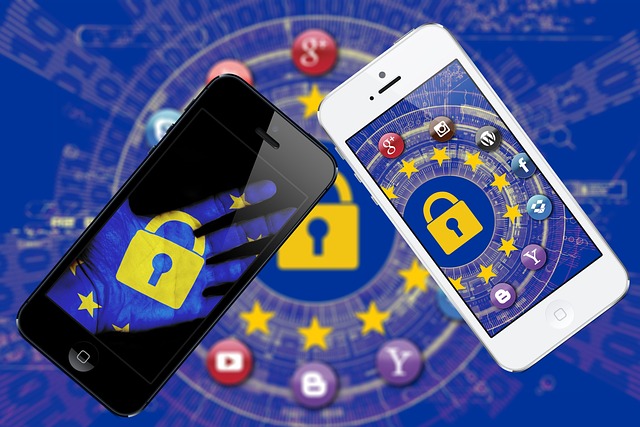In a world increasingly driven by technology, the way we handle personal data has evolved dramatically. With rising concerns around privacy and security, understanding the deletion of personal data has become more than just a technical necessity; it’s now a vital part of our digital etiquette.
In our day-to-day lives, social media platforms and online services have become ubiquitous. We share our thoughts, photos, and personal information with ease, often without considering the implications. As social trends shift toward valuing transparency and privacy, it’s essential for individuals to be aware of the consequences of their digital footprints, specifically regarding the handling of their personal data.
Technology etiquette calls for a thoughtful approach to how we interact with digital spaces. When signing up for a new service, users often agree to lengthy terms and conditions without reading them thoroughly. This practice can lead to unintentional consent regarding data sharing and storage. With this growing awareness, there is a collective shift towards critical evaluation and understanding of these documents, emphasizing the importance of being informed before a digital footprint is made.
As societal norms evolve, so does the expectation surrounding the deletion of personal data. Individuals are urged to regularly review their privacy settings on various platforms. This includes removing unnecessary apps that still retain personal data, ensuring that information shared is relevant and reviewed periodically. Not only does this encourage a more streamlined presence online, but it also exemplifies respect for one’s own privacy and the privacy of others.
Moreover, social circles today are increasingly conscious of how personal data is treated. Conversations about data ethics and privacy are now commonplace. When someone shares an experience of their data being mishandled or misused, it often resonates with others, further promoting the idea that safeguarding personal information should be a priority for everyone. The implication is not just about protecting oneself but also fostering a community where everyone takes an active part in managing their digital identities responsibly.
Some may argue that the deletion of personal data signifies the end of something once cherished—moments captured in photographs or memories shared in a digital space. However, it’s essential to understand that the act of deletion can also be seen as a form of empowerment. It allows individuals to reclaim their narrative, ensuring they are curating their online experience rather than being a passive participant subject to the whims of data collection.
Ultimately, navigating data protection in today’s technological landscape requires not only awareness but also a commitment to ethical practices. As we embrace these new social trends and evolve our understanding of data ownership, the art of personal data deletion becomes an integral aspect of our digital lives, embodying respect for both personal privacy and communal well-being.




